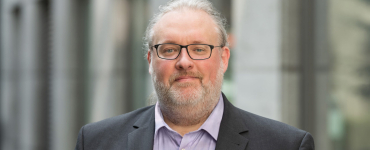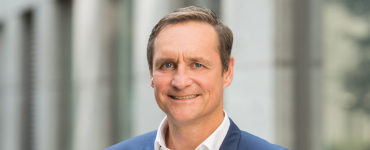Ahead of today’s EU Internet Forum at ministerial level –which brings together Commissioners, Member States, Europol, and Internet companies to discuss developments in the fight against terrorist content on the Internet – and in the run-up to this week’s conference of interior ministers in Leipzig, eco Board Member Prof. Dr. Norbert Pohlmann warns against further political initiatives (at national and European level) which might impose further restrictions and control on the Internet and thus jeopardize the freedom and security of citizens and industry and undermine their trust in digital technologies:
“The currency of success in digital transformation is ‘trust’ in technology – without data security and data protection, innovation efforts and legitimate expectations of the Internet and digitalization might be projected, but will not be fulfilled. Each and every discussion taking place about new surveillance plans is already undermining the confidence of users in the Internet and is thus doing untold damage to the German Internet industry.”
According to Pohlmann, not only should confidence in the use of digital services and IT technology not be undermined, but also the respect for fundamental rights should be borne in mind: “We urge the ministers to refrain from disproportionate legislative measures designed to weaken IT systems – in whatever form – and intended to charge the industry with information and notification obligations. State surveillance and access to personal data must be strictly limited to what is absolutely necessary.”
At the same time, eco – Association of the Internet Industry posits that increased statutory interventions and monitoring do not automatically lead to more security, but could actually prove to be counterproductive. The targeted and deliberate exploitation or implementation of security vulnerabilities counteracts any attempts by companies to improve IT security: “State-mandated backdoors and master keys should essentially be regarded as inherently insecure, with each vulnerability representing a potential security leak and thus increasing the risk of theft and misuse on the Internet.”




